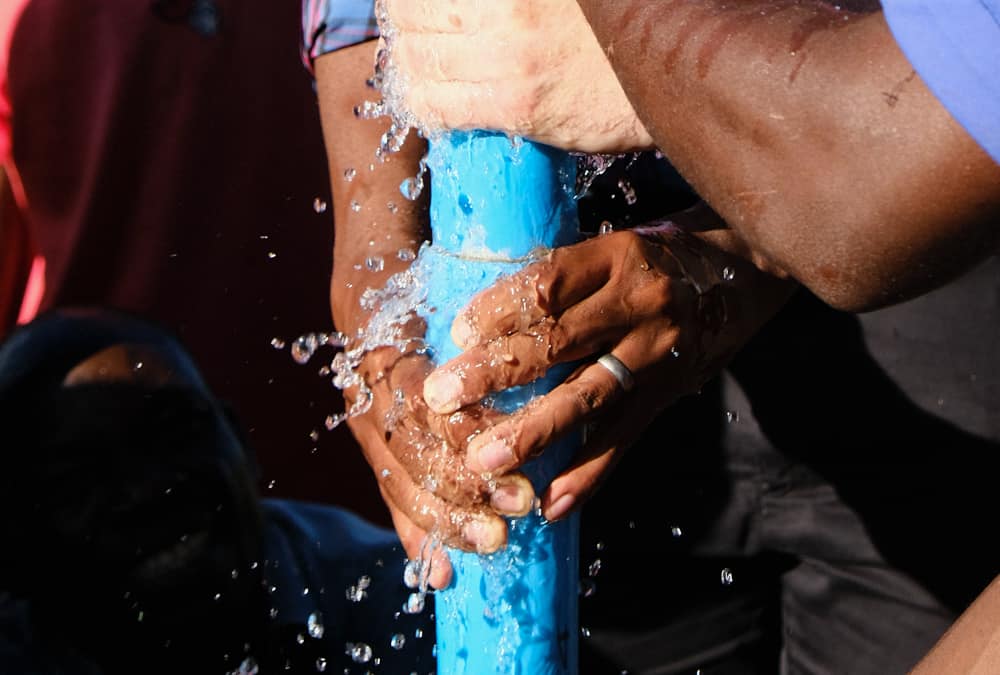Community Based Water Management in Malawi


Drilling a borehole or well is the first step toward clean water in Malawi. Then comes management.
Community Based Management is an idealistic approach to development. The objective is for communities to sustainably finance and manage their water systems. Through training, they are empowered to assume responsibility for their water supply. In reality, communities don’t always have the authority or resources to properly manage WASH. Other players must be involved. We break down each of these players below, including the community.
Local communities are the core of WASH initiatives. 10 community members make up each Water Point Committee. These committees maintain their villages’ boreholes. They advocate for sanitation and hygiene. And they collect tariffs to fund maintenance. They represent the end goal of community based management in Malawi.
These committees represent villages. They gather on-the-ground, community-level intel about WASH access. Then, they inform the District Water Office about their community’s needs.
The District Water Office is the supervisor. It is their job to approve all water projects in the district. They listen to community needs. They gather data. And they work with nonprofits like Orant to implement needed changes.
Orant is a doer. We work with communities to make water accessible. To start, we assess water access and quality. With the findings, we determine which communities to serve. Then, we drill wells, run WASH education initiatives, and train community leaders. We are a mentor and liaison for community members. In other words, we make sure communities have the resources and advocates they needed to safely manage their resources.
Creating stability in Malawi is a group effort. Villagers work with chiefs. Chiefs work with nonprofits. Nonprofits work with government officials. When schools need improved latrines, community members provide bricks, sand, and quarry stones. Teachers tell their students to wash their hands. Everyone plays a part. On the other side of the world, you do too.
Find out how you can help here.
Learn about the VSL program with WPCs!
What Malawi’s Independence Means to Orant.
Learn about the inner workings of our Business Development program!